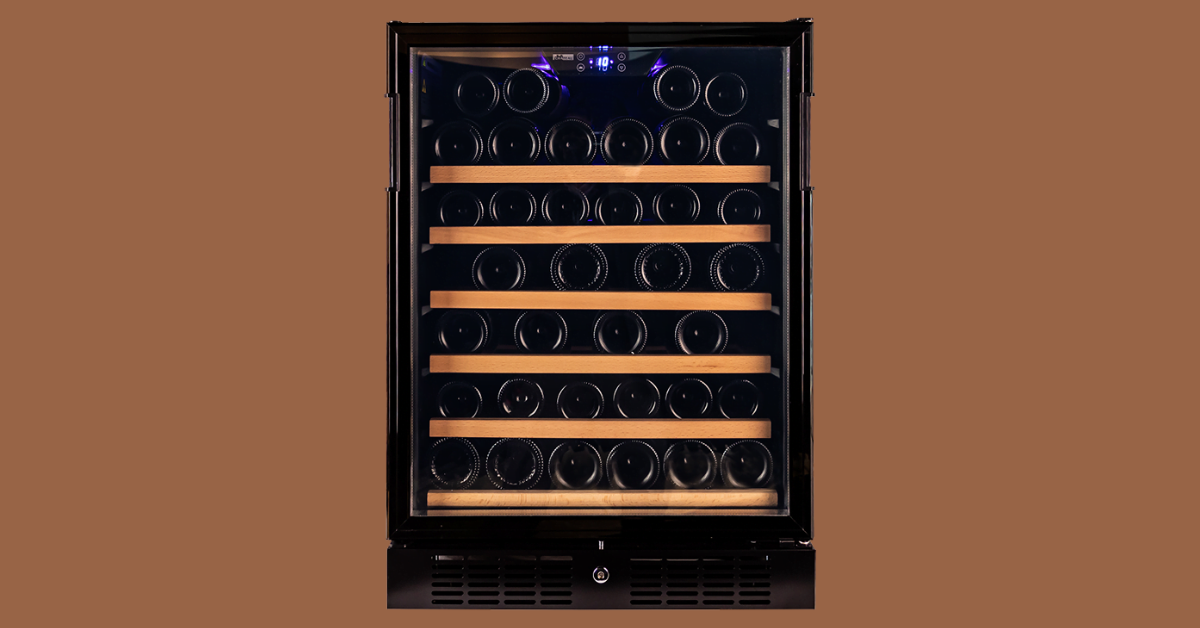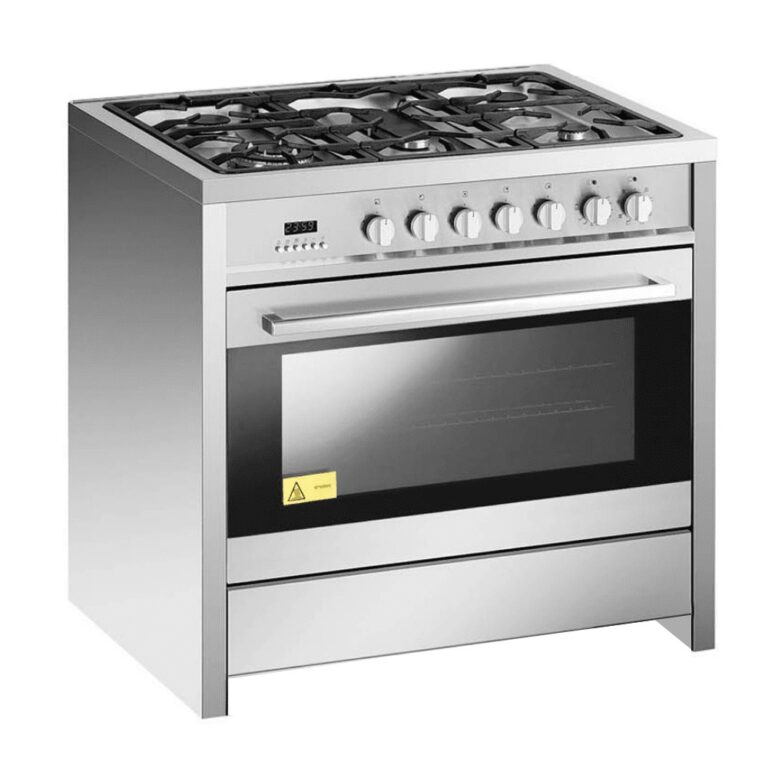The Timeless Charm of a Wine Cellar
A Wine Cellar is more than just a storage space for bottles of fine vintages—it is a symbol of sophistication, tradition, and the art of preserving wine at its best. For centuries, wine enthusiasts, collectors, and connoisseurs have understood the importance of having a dedicated space that not only maintains the quality of their wine but also enhances the overall experience of enjoying it. Today, modern technology and innovative design have transformed what used to be underground caves into stylish, efficient, and even luxurious home features.
The History of Wine Cellars
The concept of storing wine in a dedicated environment dates back thousands of years. The ancient Romans and Greeks recognized that wine needed to be preserved carefully, so they often stored their amphorae in cool, dark places. As wine-making spread across Europe, especially in regions like France, Italy, and Spain, underground caves and basements became the natural choice for wine preservation.
These early storage areas weren’t just practical—they created the foundation for the wine culture we know today. By keeping bottles away from sunlight and fluctuations in temperature, early winemakers could ensure their wines aged gracefully, improving in flavor, complexity, and aroma.
Why Proper Wine Storage Matters
Wine is a delicate product that evolves over time. Its flavor profile, aroma, and overall quality are influenced by a variety of environmental factors, including temperature, humidity, and light exposure. This is why a well-designed Wine Cellar plays such a critical role in wine preservation.
-
Temperature: Wine should generally be stored at a consistent temperature of around 55°F (13°C). Fluctuations can damage the chemical structure of the wine, leading to premature aging or spoilage.
-
Humidity: Maintaining a humidity level between 60–70% is crucial. Too much humidity can lead to mold, while too little can dry out corks, allowing air to seep in and spoil the wine.
-
Light: Ultraviolet (UV) rays can degrade wine, breaking down its compounds and causing unpleasant aromas. A dark cellar ensures bottles remain protected.
Without proper storage, even the finest bottle can lose its value and taste. For collectors, this can mean not only a loss of enjoyment but also a financial setback, especially when dealing with rare vintages.
Modern Wine Cellars: Blending Tradition with Technology
While traditional underground stone cellars are still cherished for their authenticity, today’s wine storage options have expanded. Many modern homes now feature custom-built wine rooms, climate-controlled cabinets, and even smart storage solutions.
Some popular modern designs include:
-
Glass-Enclosed Cellars: These contemporary showcases combine beauty with function, allowing homeowners to display their collection in a visually stunning way while keeping conditions stable.
-
Wine Walls: A space-saving option that integrates seamlessly into kitchens or dining rooms, wine walls provide accessibility while still ensuring optimal preservation.
-
Smart Cellars: With advancements in technology, collectors can now monitor temperature, humidity, and inventory through mobile apps, ensuring their wines are always in perfect condition.
This blending of innovation and tradition means that wine storage is no longer just about preservation—it’s about lifestyle, aesthetics, and convenience.
The Role of a Wine Cellar in Home Design
In recent years, the Wine Cellar has become a sought-after feature in luxury homes. Beyond functionality, it represents status and personal taste. Interior designers often collaborate with homeowners to create spaces that reflect their personality—whether it’s a rustic cellar with stone walls and wooden racks, or a sleek, minimalist design with steel and glass finishes.
Moreover, these spaces often serve as entertainment areas. Imagine hosting a dinner party where guests can step into your private cellar, learn about your collection, and enjoy a bottle together. It transforms wine from a simple beverage into a shared cultural experience.
Building a Wine Cellar: What to Consider
If you’re considering adding a Wine Cellar to your home, several key factors should guide your decision:
-
Location: The basement is traditionally the best place because of its naturally cool and dark environment. However, modern cooling systems make it possible to build one almost anywhere.
-
Size: Think about your collection. Do you plan to store 100 bottles, or are you looking at a collection of several thousand? Your needs will dictate the space required.
-
Cooling Systems: Investing in a reliable climate-control system is essential. Look for units that balance temperature and humidity without excessive noise.
-
Racking: Choose between wood, metal, or custom-built racks. Each material brings a different aesthetic while maintaining bottle stability.
-
Budget: A small cellar can be relatively affordable, while larger, custom-built spaces can become major investments.
With proper planning, your wine cellar can be both practical and luxurious, adding value to your home and enhancing your lifestyle.
Wine Cellars as a Symbol of Culture and Legacy
Owning a Wine Cellar is not just about storing bottles—it’s about building a legacy. Many families view their collection as a generational asset, something to be passed down and cherished. Just as fine wines improve with time, so too does the story behind them.
A carefully curated collection reflects personal journeys: trips to vineyards, gifts from loved ones, or rare finds from around the world. Each bottle has a story, and the cellar becomes a living archive of those moments.
Conclusion
A Wine Cellar represents the perfect marriage of practicality and passion. From its ancient origins to its modern interpretations, it remains a vital part of wine culture. Whether you’re an avid collector or someone who simply appreciates the occasional glass of red or white, having a dedicated space ensures that every bottle is enjoyed at its best.
Incorporating one into your home is not just about storage—it’s about embracing a tradition that has lasted centuries and continues to evolve with time. As both a functional investment and a symbol of elegance, the wine cellar will always hold a special place in the hearts of enthusiasts around the world.







